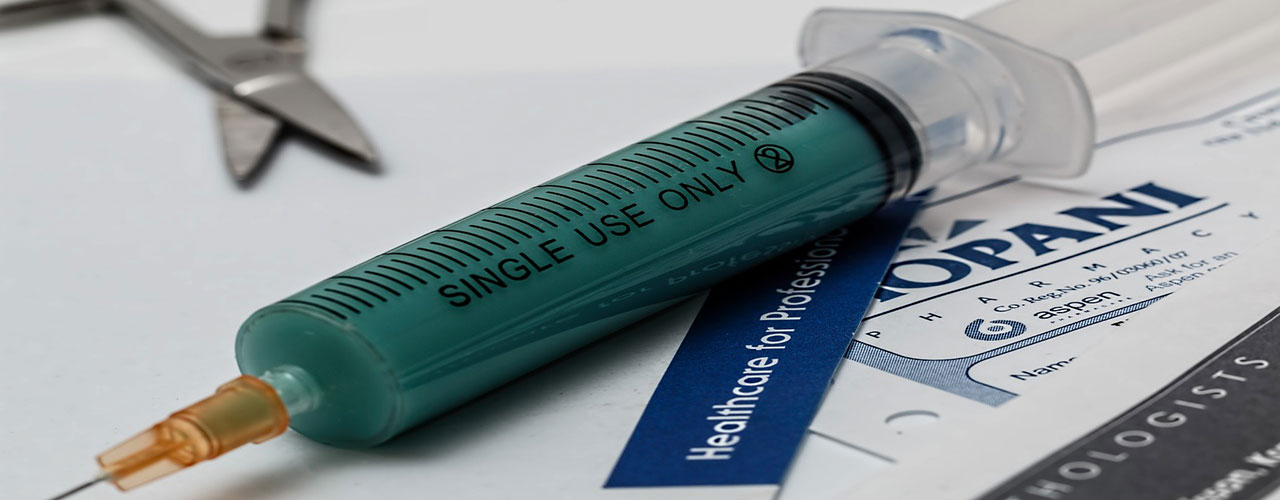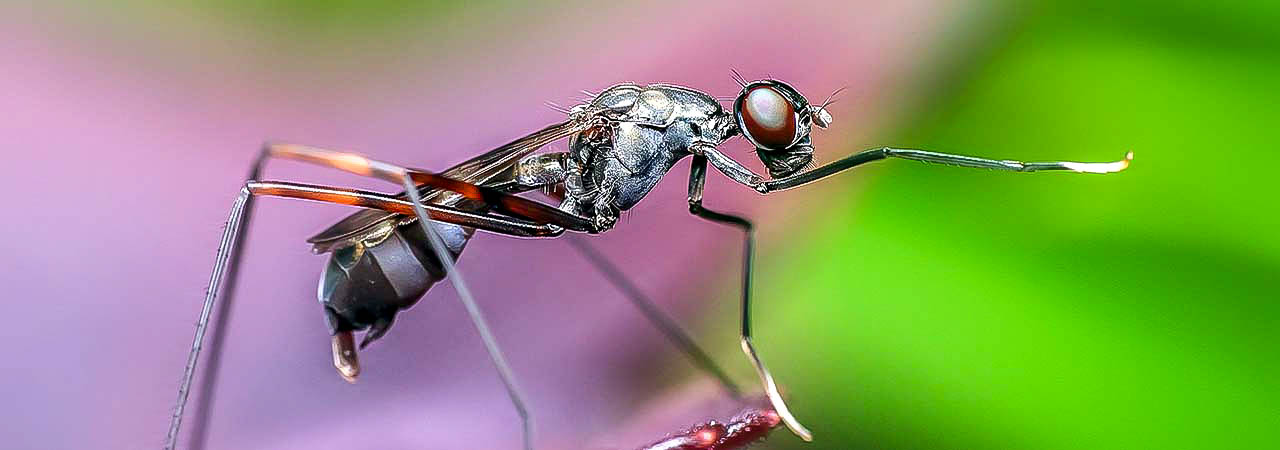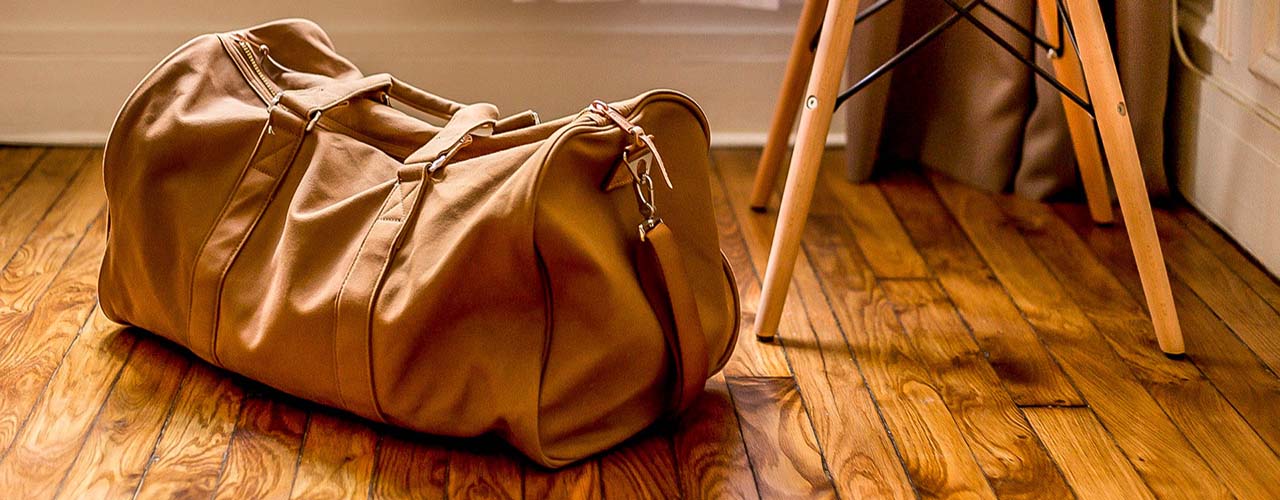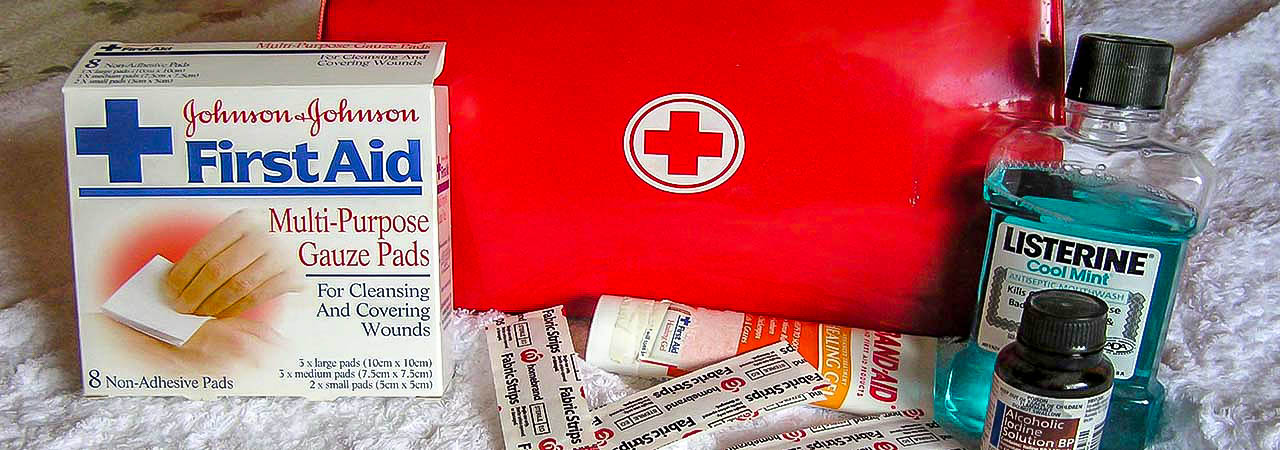Visa, Health & security
Biometric Visa

All visitors are required to have; a valid passport, a pass or a valid Identity card with a photo of the bearer in order to be able to enter Senegal. If you are a national of one of the countries listed below, you are not required to have a visa to enter Senegal. However, you must have a passport or pass with a validity period of at least 6 months. In addition to the passport and Visa, vaccination against yellow fever is not mandatory but strongly recommended.
Nationalities exempt from visa
Argentina, Australia, Bahamas, Bahrain, Barbados, Benin, Botswana, Brazil, Brunei, Burkina Faso, Burundi, Cameroon, Canada, Cape Verde, Central African Republic, Chad, Comoros, Congo (R), Congo (DRC), Costa Rica, Côte d’Ivoire, Egypt, El Salvador, Ethiopia, Fiji, Gabon, Gambia, Ghana, Grenada, Guatemala, Guinea, Guinea-Bissau, Haiti, Honduras, Iceland, India, Israel, Jamaica, Japan, Kenya, Kiribati, Kosovo, Kuwait, Lesotho Liberia Liechtenstein, Madagascar, Malawi, Malaysia, Mali, Marshall, Mauritania, Mauritius, Micronesia, Monaco, Morocco, Namibia, Nepal, New Zealand, Niger, Nigeria, Norway, Oman, Russia, Rwanda, Saint Kitts and Nevis, Saint -Lucia, Saint Vincent & Grenadines, Samoa, San Marino, Seychelles, Sierra Leone, Singapore, Solomon, South Africa, South Korea, Sri Lanka, Suriname, Swaziland, Switzerland, Thailand, East Timor, Togo, Tunisia, Turkey, Tuvalu, Uganda, Ukraine, United Arab Emirates, United States, Vanuatu, Vatican City, Zambia, Zimbabwe.
NB : Nationals of the countries that are not mentioned on the list above will need a Visa to enter Senegal. Persons with refugee travel documents also need visas to enter Senegal. Visa application forms are available free of charge at the Senegalese embassies or consular offices in your country of residence.
Some details on the procedure to follow
Visa application (pre-enrolment) is done online on the following website: www.visasenegal.sn or https://www.snedai.sn the payment of the sum of 50 euros (online payment) to which is added a processing fee of 2.5 or 5 euros depending on the type of credit card used. These sums are not refunded in case of visa refusal.
If the application is accepted, the applicant receives a pre-visa (by e-mail if the application is made online), and he is required to mandatory report to the border post with it. Airline companies will allow you to board their plane with the pre-visa. Foreigners wishing to frequently travel to Senegal can request, once on the national territory, a 90-day visa with multiple entries or a long-stay visa with multiple entries. This application is made at the Department of Aliens and Travel Documents (DPETV). Residents who have a non-Senegalese identity card must also contact the DPETV to obtain a non-biometric visa and be able to enter/leave the country. Senegalese with dual-nationalities traveling with foreign passports are exempted from visas if they present a Senegalese passport or a valid Senegalese national identity card.
NB: Minors are required to have their own identification documents (passport) and you need to contact your home country concerning the travel regulations related to minors. For all other information related to visas, contact the Senegalese embassies or consulates of your respective home countries.
Health Tips
Vaccines

Recommended Vaccines
Malaria
Malaria is active throughout the year in Senegal. We recommend prophylaxis before your trip. Regarding the type and duration, please consult your doctor.
Hepatitis A / Typhoid
Hepatitis A and typhoid can be easily contracted by consuming contaminated food and drink.
Meningitis
Senegal is part of the meningitis belt in sub-Saharan Africa. If you are staying in Senegal during the dry season, we recommend this vaccine because meningitis is much more common during the great dry season.
Travel insurance
We recommend travel insurance before leaving. It is very important to learn about the medical services and coverage offered.
What should my travel insurance cover?
- Repatriation in case of serious illness or accident
- Medical care
- 24 hours emergency service and assistance
- Refund for loss or theft of valuables
- Your travel insurance should be tailored to the activities during your stay.
Insects

Mosquitoes, ticks and fleas can transmit a number of diseases, some of which can’t be prevented with a vaccine or drugs. However, the risk can be reduced by taking certain precautions.
How to prevent insect bites
- Cover the skin (long-sleeved shirts, pants, hats).
- Use a suitable repellent.
- Sleep in air-conditioned rooms or ones that have a mosquito net.
- If you sleep outside use a mosquito net.
- Use Permethrin to treat clothing and Permethrin cream applied directly on the skin, two applications one week apart.
What types of insect repellent should I use?
To protect yourself from ticks and mosquitoes, use insect repellent with a minimum DEET content of 20% or more and especially effective for several hours. In addition to DEET, products containing icaridin also known as picaridin, lemon eucalyptus essential oil and IR3535 provide effective protection against insects.
What to do if you get bitten?
- Do not scratch. Use hydrocortisone cream or calamine lotion to reduce itching.
- Examine your whole body daily for ticks. If discovered, be careful to remove them properly.
Stay away from animals
Most animals avoid humans but can bite or scratch if they feel threatened. Bites and scratches from animals can cause diseases such as rabies.
- Do not feed or touch strange animals
- Keep animals away from open wounds
- Avoid animals saliva
- Avoid rodents
- If you discover a bat in your room, call your doctor because bat bites are difficult to detect.
- All animals can pose a threat, but special attention should be given to dogs, bats, snakes and jellyfish.
- If bitten: Wash the wound with soap and clean water, seek medical attention immediately. Once back home, inform your doctor of your injury.
Clothing

In Senegal, it is quite hot. Do not forget to take light clothes. It is important, especially in some areas to dress appropriately. The clothes should cover the shoulders, shorts and skirts should be at the length of the knees. Bikinis are suitable for the beach but are not suitable outside the beach. In some areas, there is a drop in temperature in the evenings, so be sure to bring some warm clothes if you intend to stay in one of these areas.
First aid kit: What should my first aid kit contain?
First aid kit

We recommend a first aid kit. It should be fitted out so that it is sufficient for the treatment of minor illnesses and disorders.
What should my first aid kit contain?
- 1% hydrocortisone cream
- Antifungal ointment
- Antiseptics (to clean a wound)
- Medication (diarrhea)
- Medication (fever)
- Aloe Vera Gel (sunburn)
- Sun cream (min SPF 15)
- Insect repellent
- Insect bite ointment
- Bandages, gauze bandage, tape (to cover a wound)
- Moleskine (blisters)
- Elastic bandage (sprains)
- Disposable gloves
- Digital thermometer
- Scissors and safety pins
- Q-Tips
- Tweezers
- Eye drops
- Rehydration Salts
If you are on regular medication, bring a sufficient supply for your stay.
Security Advice

Good travel planning requires information on security conditions in the country of destination. Your security is our priority. In general, Senegal is secure and peaceful, however, it is possible in some region and cities, as in all countries to witness acts of insecurity and it’s necessary to take precautions. We have developed some safety guidelines.
Some security guidelines
- Find a trustworthy driver. Ask at the hotel or a travel agent where you are staying. When you find one book him for the duration of your stay.
- Avoid unfamiliar neighborhoods after nightfall.
- In case of loss of documents contact the nearest police station and make a statement of loss and immediately stop your credit card(s).
- Preferably leave your personal belongings and documents at your accommodations if possible. A certified copy of your passport will allow you to move easily.
- Ensure that all emergency numbers are close at hand.
- In crowded places wear your backpack or handbag close to your body.
